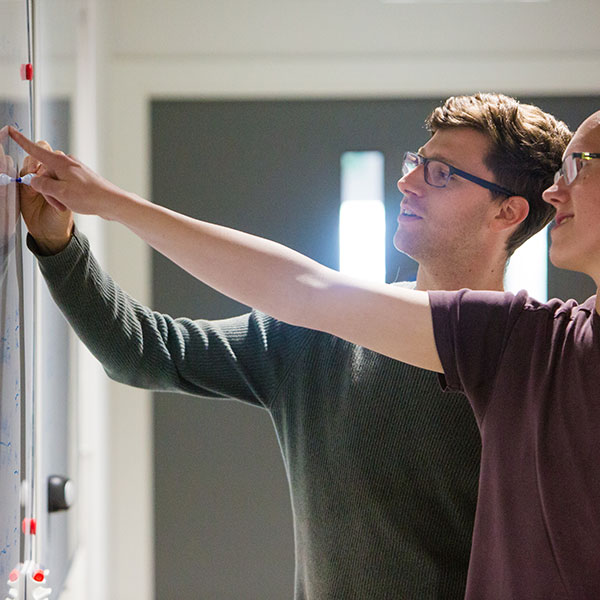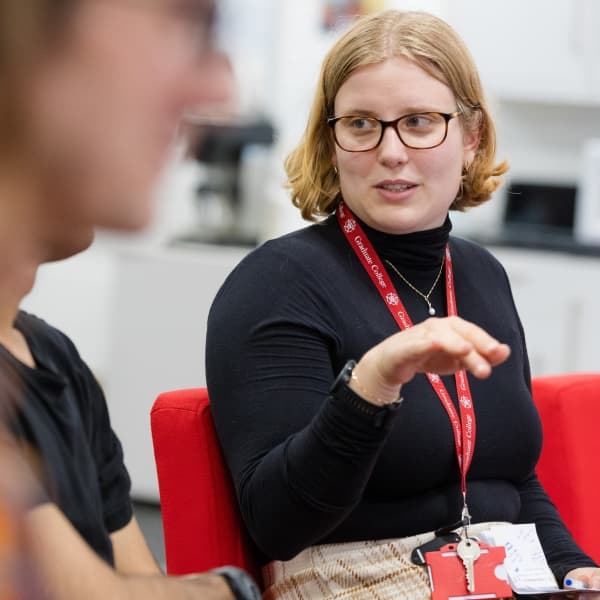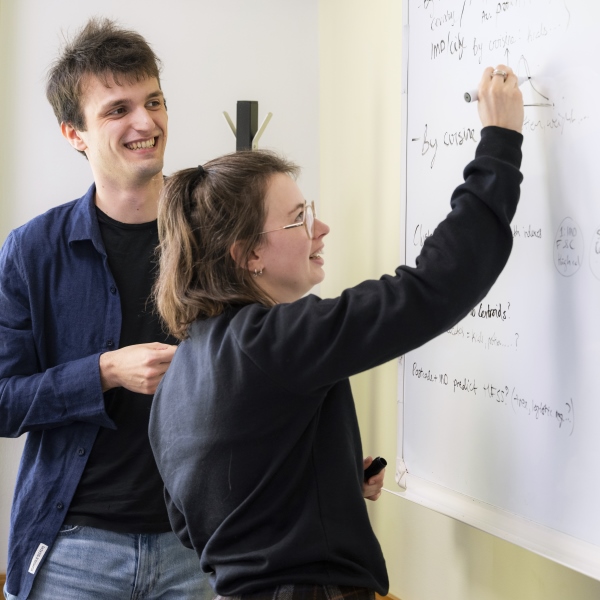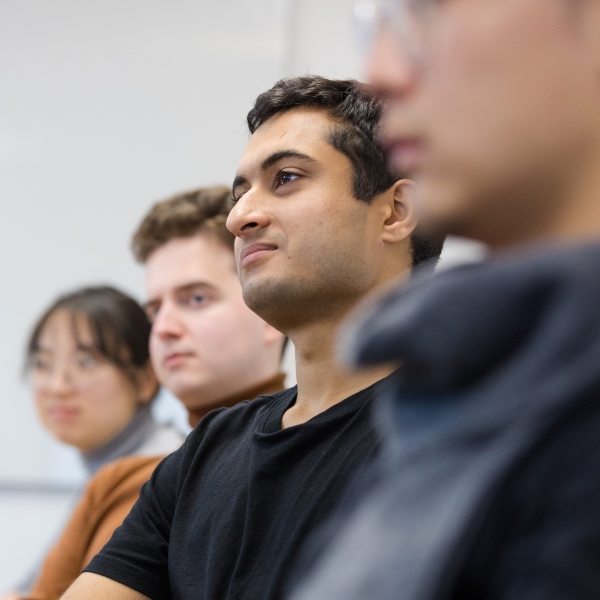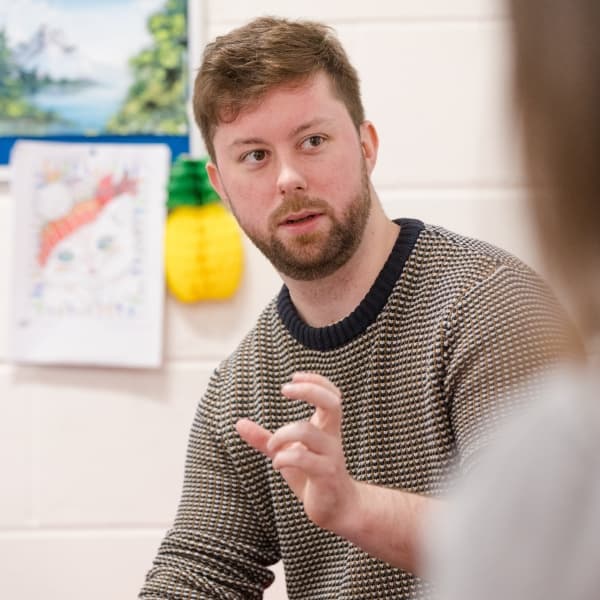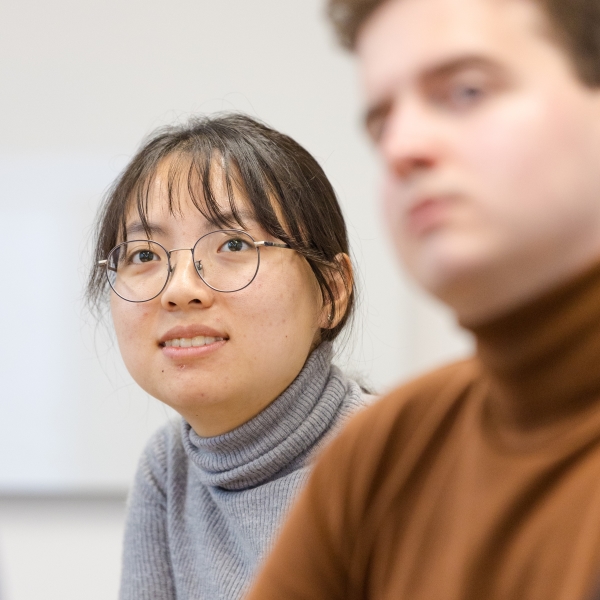Programme structure
The STOR-i Centre for Doctoral Training is a joint venture between the School of Mathematical Sciences and the Management Science department. It offers students a four-year PhD programme in Statistics and Operational Research developed and delivered with industrial partners.
During your first year you will undertake a Master's of Research (MRes), and in years 2-4 you will complete a PhD project. Depending on your project, you may also have the chance to undertake an industry placement or internship during your studies.





